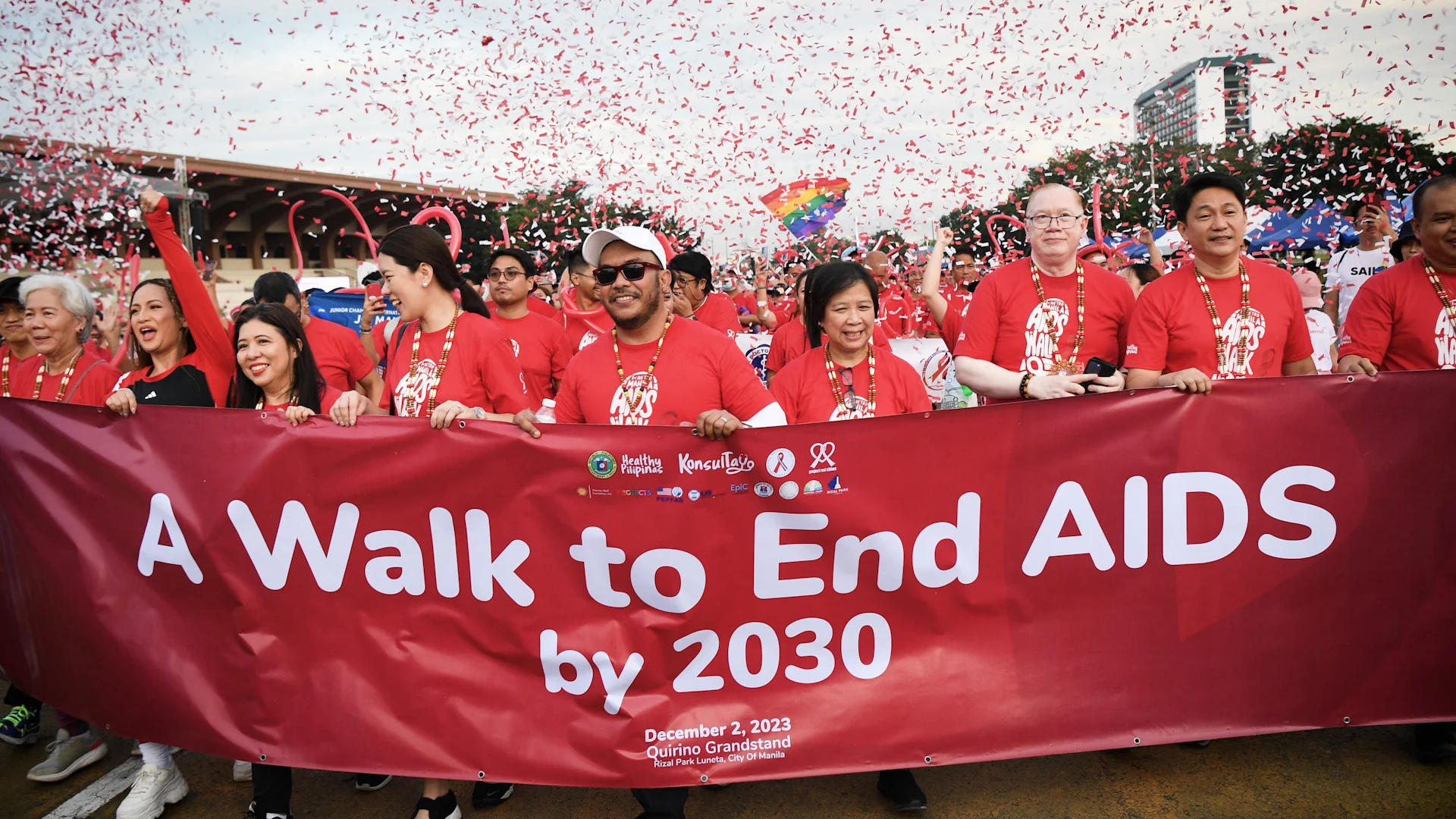Manila – The Department of Health (DOH) in the Philippines has recommended declaring a national health emergency over the rapid spread of Human Immunodeficiency Virus (HIV), one of the world’s most devastating and incurable diseases. This urgent recommendation comes amidst an alarming 500% surge in HIV cases among the nation’s youth.
Health Secretary Teodoro Herbosa released a video message addressing the critical situation, highlighting the significant increase in HIV cases among individuals aged 15 to 25. From January to March of this year, an average of 57 new cases were reported daily, making it the highest rate in the Western Pacific region. Herbosa emphasized that the time has come for stringent measures to combat this growing crisis.
According to information from the DOH, new HIV cases have more than doubled over the past decade. In 2014, an average of 21 cases were reported daily, which rose to 48 in 2024. The latest figures show an even more concerning trend, with 56 cases recorded daily from January to April 2025, marking a 44% increase compared to the previous year. The data also indicates a worrying trend of decreasing age among HIV patients in the Philippines. Since 2006, the highest number of cases has been observed in young adults aged 25 to 34. The primary mode of HIV transmission in the Philippines is unsafe sexual contact, particularly among men who have sex with men.

The World Health Organization (WHO) defines HIV as a dangerous virus that weakens the body’s immune system, with its most severe form known as AIDS. HIV attacks and destroys the body’s white blood cells, leading to a compromised immune system and making individuals vulnerable to severe illnesses like tuberculosis or cancer. The infection spreads rapidly through bodily fluids such as blood and breast milk. It does not spread through casual contact like kissing, hugging, or sharing food. Transmission from an infected pregnant mother to her child is also possible. While Antiretroviral Therapy (ART) can prevent and treat HIV, untreated HIV can progress to AIDS after several years. The WHO has established a definition for advanced HIV disease in adults and adolescents, and HIV-positive children under five years of age are also categorized under advanced HIV disease.









